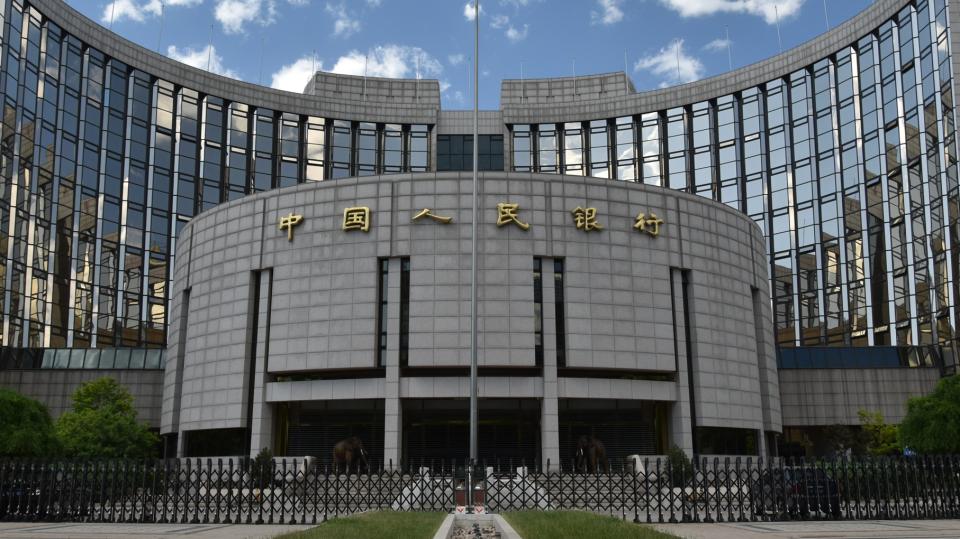China’s forex reserves had grown for three months in a row by the end of April, thanks in part to reduced capital outflows, said Zhang Ming, chief economist with Ping’an Securities, in an interview with Guangzhou-based news magazine South Reviews.
In general, China will likely see less capital outflows in 2017 than last year, thanks to the central bank’s strengthened restrictions and people's weakened desire to send money overseas given the Chinese economy’s improved performance in the past few months, Zhang said.
However, Zhang noted, capital outflows are likely to rebound in size in the second half of this year. He pointed out three reasons. The first is that the Chinese economy is expected to grow more slowly towards the end of 2017. Secondly, enhanced supervisory policies made by the country’s major financial regulatory bodies are likely to cause faster release of financial risk, and give residents and companies a stronger motivation to hedge their funds. Finally, political uncertainties in the US and Europe, rising geopolitical conflicts worldwide, and a likely US stock market correction are among the many factors that will continue to haunt the international financial market.
All in all, Zhang said, Chinese residents and companies still have a strong motivation to allocate resources overseas. If the government relaxes exiting restrictions, he said, capital outflows will soon increase. Despite a slowdown of capital outflow observed in recent months, he suggested, the central bank should maintain its current regulatory policies.
While they are designed in part to intercept illegal money transfers disguised as overseas investments, strengthened regulations, such as a stricter checking process, have also made it harder for real investors, according to Zhang. He predicted that China will see fewer overseas acquisitions this year than in 2016. But checking procedures are likely to be made easier for real investment projects related to the Belt and Road Initiative, he said.

 Old Version
Old Version